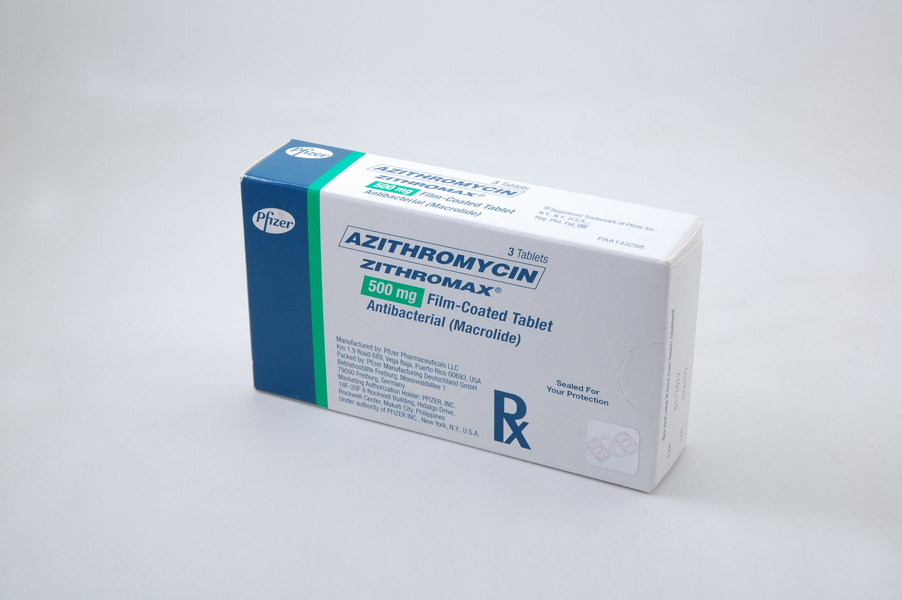
Low-cost antibiotic lowers risk of sepsis and death after vaginal delivery

One dose of the antibiotic azithromycin appears to reduce significantly the risk of postpartum sepsis and death among women who have a vaginal delivery.
The findings were reported on Feb. 9, 2023 at the annual meeting of The Society for Maternal-Fetal Medicine, and they were published on the same day in the New England Journal of Medicine.
As background, the authors noted that sepsis is a leading cause worldwide of maternal and newborn deaths worldwide, especially in low- and middle-income countries. Prior research shows that azithromycin reduces maternal infection when given intravenously during cesarean delivery.
In this international trial, the investigators randomized 29,278 women in labor at 28 weeks’ gestation or more and who were planning a vaginal delivery to receive a single 2-g oral dose of azithromycin or placebo.
The two primary endpoints of the study were a composite of maternal sepsis or death and a composite of stillbirth or neonatal death or sepsis.
The researchers reported that the incidence of maternal sepsis or death was lower in the azithromycin cohort than in the placebo group, and the difference was statistically significant (1.6% vs. 2.4% respectively, P<0.001)
The incidence of stillbirth or neonatal death or sepsis was similar in both groups (10.5% vs. 10.3%, respectively), and the difference was not statistically significant (P=0.56).
The authors concluded, “Among women planning a vaginal delivery, a single oral dose of azithromycin resulted in a significantly lower risk of maternal sepsis or death than placebo but had little effect on newborn sepsis or death.”
“These findings have the potential to change clinical practice by providing a safe, effective and low-cost approach to reduce the global burden of maternal sepsis and death,” said Diana W. Bianchi, M.D., director of (USA) National Institute of Health’s Eunice Kennedy Shriver National Institute of Child Health and Human Development (NICHD), the primary funder of the trial. “We urgently need effective strategies to prevent pregnancy-related infections, which account for roughly 10% of maternal deaths worldwide.”